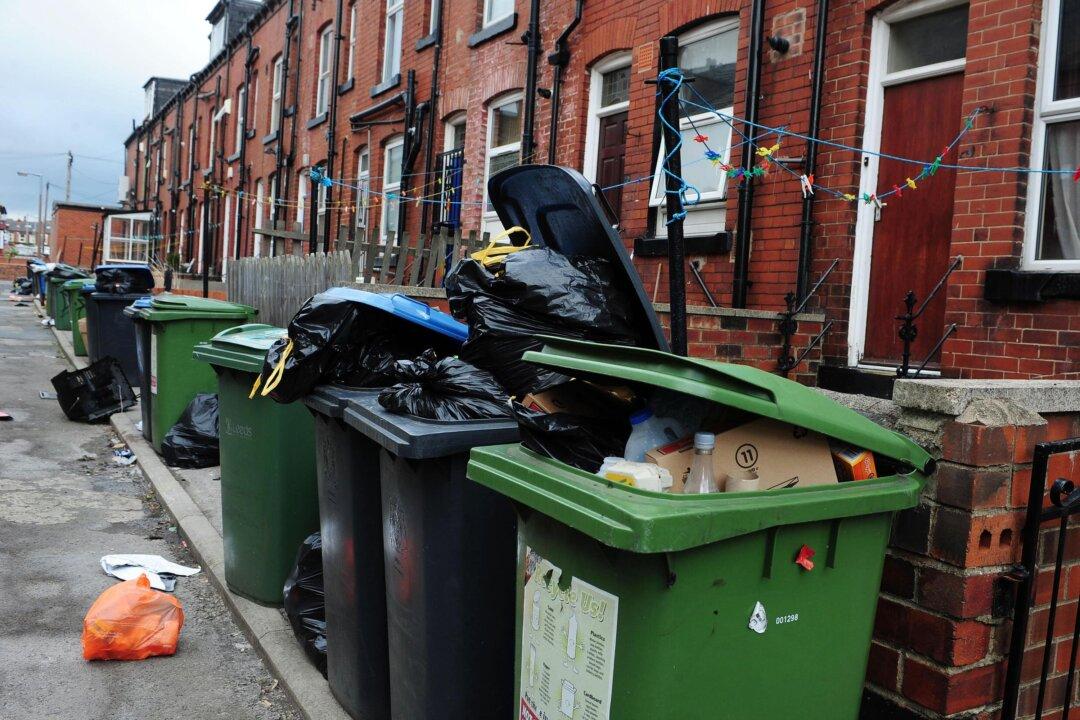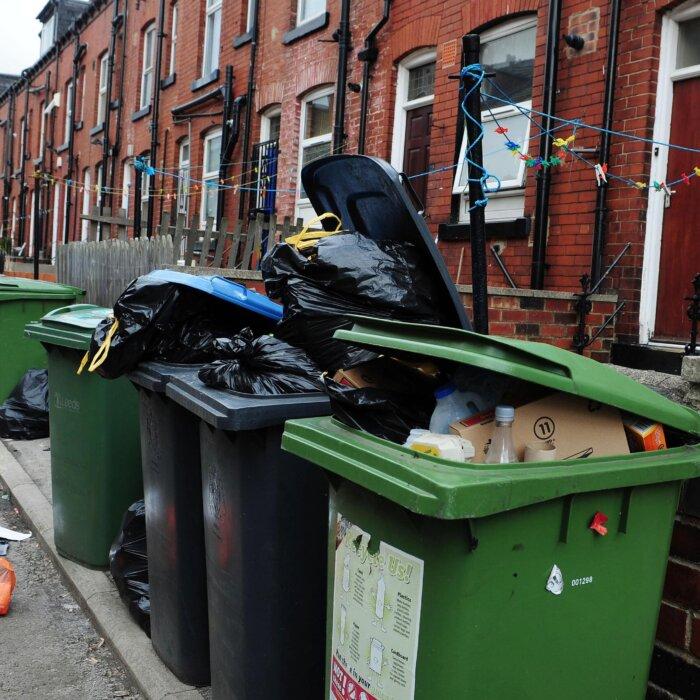Many more councils are facing a real risk of being pushed to financial breaking point, according to the Institute for Fiscal Studies (IFS).
With polling day approaching in less than two weeks, parties are “virtually silent” on their plans to fund local authorities, leaving “significant uncertainty” about how it will be done, said the IFS think tank on Friday.
The IFS analysis came weeks after England’s two representative bodies for local authorities called on parties to pledge multi-year funding deals, as well as other reforms, to help councils deal with rising costs and demand for public services.
However, none of the main parties has made commitments on this, unlike in 2019, the IFS said.
Summarising its findings, the think tank said: “Given the current fiscal environment and overall spending plans implicit in the main parties’ manifestos, cuts to some council services are highly likely unless spending pressures abate—even with big increases in council tax, and particularly in poorer parts of the country.
“There is also a real risk of significantly more councils being pushed to financial breaking point, joining the likes of Birmingham, Thurrock, and Woking,” the IFS added, referring to three of the councils that have declared effective bankruptcy in the past two years.
According to the think tank, it appears likely that “unprotected” spending, which in the 2010s included grant funding for councils, could see cuts in real terms as the next government grapples with other commitments.
It compared a number of scenarios in which grant funding in England as a whole is frozen, cut by 2.7 percent, or cut by 7 percent in real terms.
In the best scenario, where grant funding is frozen and council tax bills rise by 5 percent, spending power would increase by 2.5 percent.
In the worst scenario, where grant funding is cut by 7 percent and councils increase taxes by 3 percent, overall funding will only increase by 0.4 percent in real terms.
With council tax accounting for 57 percent of core spending power, the IFS said changes in taxes will likely make more impact on changes in grants.
The think tank also said councils in more deprived areas will fare worse, given their weaker ability to raise more council taxes, and said the government would have to redistribute grant funding from less deprived areas to more deprived ones in order to offset the impact.
The IFS said it’s important that England sets up a “proper system” to review local needs, but it will be a “tricky task” while funding is limited. It also warned the government to keep extra cash aside to prepare for increased demand in areas such as adult social care.
According to the County Councils Network, which represents 37 county councils and unitary authorities in England, serving 47 percent of England’s population, 68 percent of the average county authority budget was consumed by adult social care and children’s services, with its members overspending on children’s services budgets by £360 million last year, and there’s no sign of abating demand.
The network said on May 30 that its members face a £2 billion funding gap over the next two years, or £1.1 billion when council tax rises and planned savings are taken into account.
The Local Government Association, which represents 315 of 317 councils in England, said earlier this month that councils in England face a funding gap of £6.2 billion over the next two years, driven by record numbers of homeless families and children, rising demand and costs of adult social care, and “spiralling costs and pressures for children’s social care and Special Educational Needs and Disabilities (SEND), including home-school transport.”
The two bodies, along with dozens of other organisations, launched a campaign on Friday, calling on national party leaders to advocate for adult social care.







